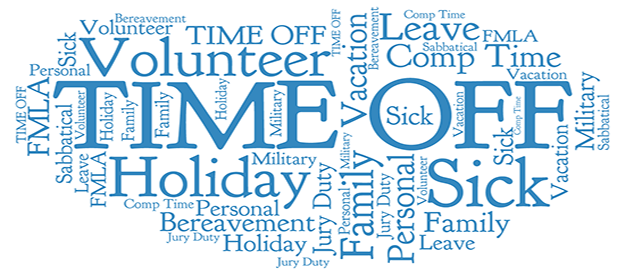One of the challenges for many employees, managers, and executives is stepping away from work to have true time off. Unfortunately, across Canada and in many other countries, time off is seen as an optional part of work and career.
In many organizations, taking time off, either paid or unpaid, is often attributed to a lack of responsibility or a potential lack of caring about the organization. In these types of workplaces, productivity is valued over health and wellness, and people often feel that even asking for time off for vacation or even a few days can be seen as a negative. This is not just in large organizations. Small businesses and startups are also prone to supporting people skipping their vacation time and working overtime.
According to the Bureau of Labor Statistics, employees use to take about three weeks or 21 days of vacation throughout the year. However, in 2015, that number had dropped to 16.5 days on average. Now, with more employees working from home and the inability to travel, the number of days for vacation is anticipated to drop even lower for 2020 and onward.
Days Off For Physical and Mental Health
In reality, time off is essential for everyone in the organization. This starts with the executives in the C-suite and should carry down to the entry level employees. Harvard Business Review found that about 55% of people working in North America do not use all of their paid vacation days.
However, the report is also clear, people that take all their vacation days do better at work. They are more productive, more likely to get a raise or receive a bonus, and less likely to take sick days. They are also more likely to report they enjoy their work and they are happy at their current job.
The ability to mentally disconnect from the demands of the job and enjoy doing very different things is the key to making the most of days off. Days off are not simply working from home or only checking emails once an hour. They need to be days when you focus on something outside of work. It could be getting outside for a walk, connecting with friends and family, spending time with your pet, or even taking a drive and seeing a new part of your community.
Unplugging from technology and breaking the tether to your phone is also important. Taking a break from it all helps you to energize the creative part of your brain, which results in better focus, more effective problem-solving, and an ability to think outside of the box when you return.

